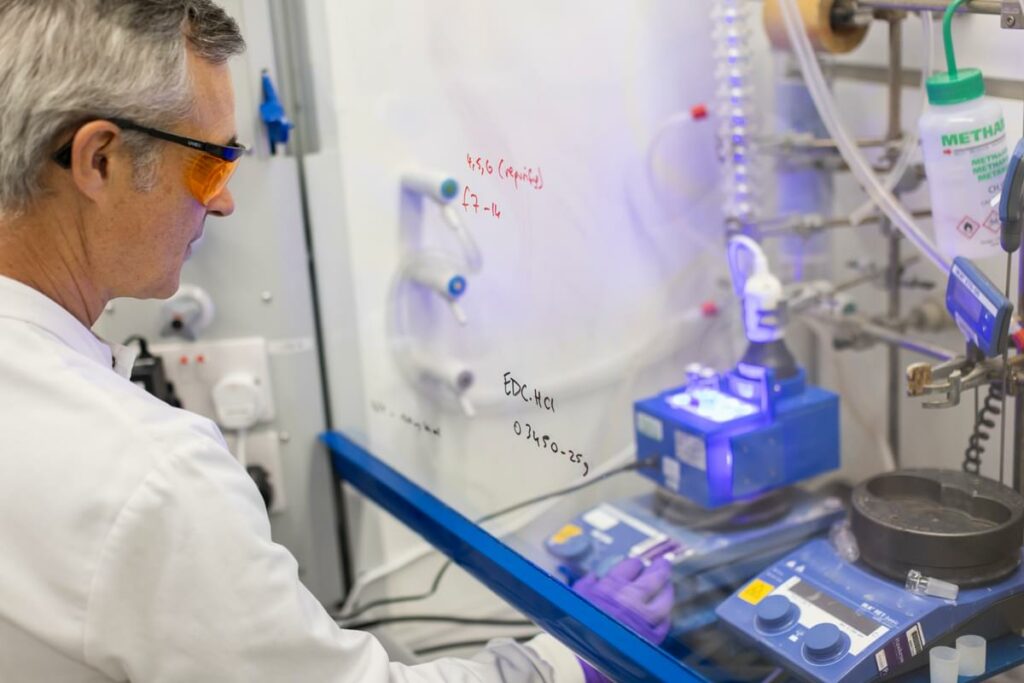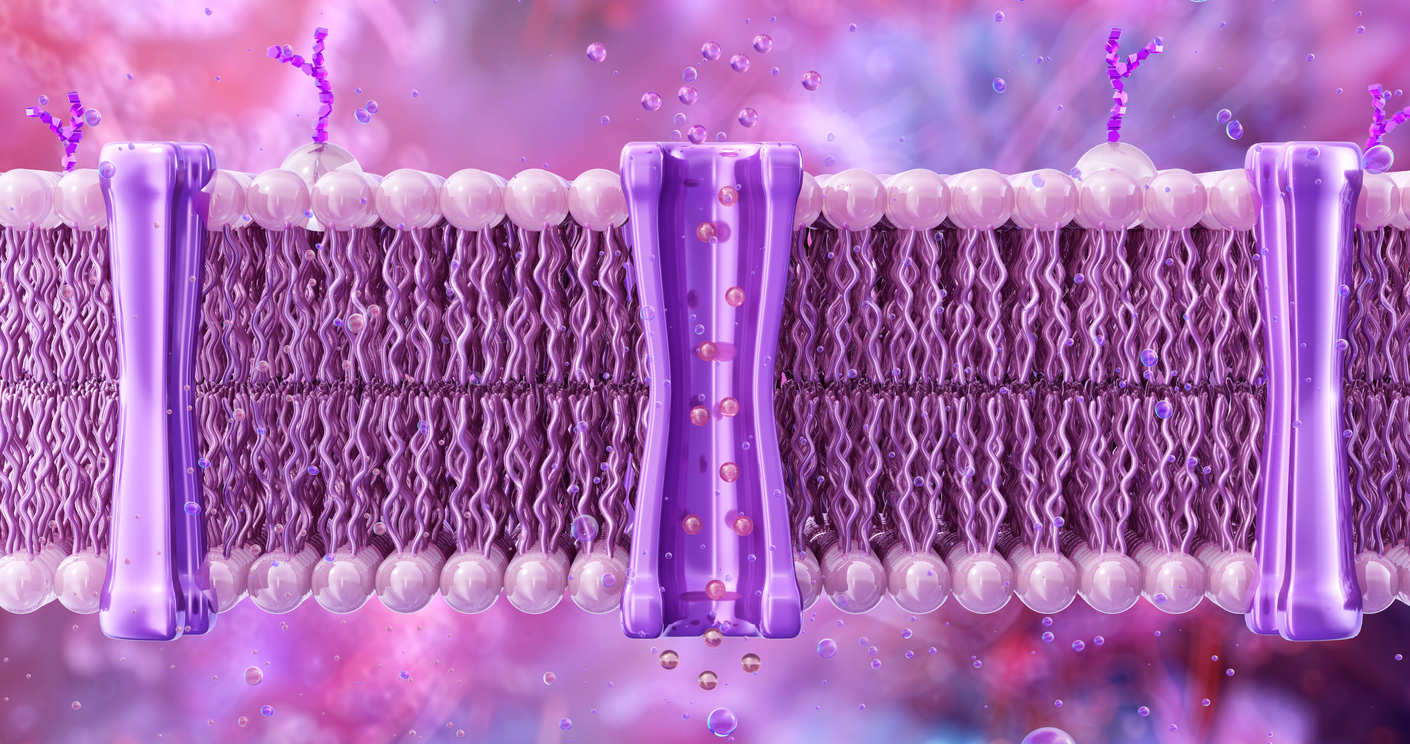Funding: £1m primer fund to accelerate MND diagnosis
The primer fund is intended to support projects which seek to develop solutions to accelerate MND diagnosis, with potential to be deployed from the point of visiting a GP/primary care physician to referral to a neurologist.

Overview
Earlier diagnosis is key to enabling people with MND to be recruited to clinical trials earlier, which in turn can increase the chances of trial success, and therefore the prospect of developing new disease modifying treatments.
For people with MND, it takes on average twelve months from the onset of symptoms to receive a definitive diagnosis of disease. This timescale has not meaningfully shortened over the past two decades and is consistent across several healthcare systems globally.
A central ambition of LifeArc’s MND Translational Challenge is to reduce the diagnostic delay experienced by people with MND.
Following consultation with clinicians and the MND community, we have identified the period from visiting a GP/primary care physician to referral to a neurologist, as key to reducing the diagnostic delay for MND.
The presentation of MND is highly insidious, leading to variable delays in referral, in some cases of up to six months. Interventions/tests that could indicate a marker for neurological degeneration or damage, could be instrumental in accelerating referral to a specialist and hastening the diagnosis of disease.
Funding available
The funding call is now closed to new applications.
What we are looking for
The primer fund is intended to support projects which seek to develop solutions to accelerate MND diagnosis, with potential to be deployed from the point of visiting a GP/primary care physician to referral to a neurologist.
Proposals will benefit from input from LifeArc’s in-house translational scientists as well as potential follow-on funding and/or collaboration.
Eligibility
Proposals are welcomed from academic and industry organisations based in the UK or abroad.
Scope of proposals
We are seeking innovative proposals in the following areas:
- Point of care diagnostic biomarkers, i.e. a fluid, blood test or urine test that could be detected in the periphery (not a spinal tap or PET scans), that could highlight the possibility of MND.
- Digital markers of early symptoms. This could include linguistic analysis of symptoms which predict ALS, e.g. words that patients reported in patient notes or any other digital intervention.
- Algorithmic approaches to detect changes in standard blood work that could be indicative of MND and/or neuronal damage.
As a minimum, projects are expected to demonstrate scientific rationale with data supporting hypothesis for solution development. Proposals should consider how access to clinical samples, or appropriate patient data, will be obtained.
Outcomes
The primer fund will help you strengthen the evidence that the solution you’re looking at is associated with disease; and the basis for its deployment between the point of visiting a GP/primary care physician to referral to a neurologist. Projects are supported with a view to embarking on a potential larger collaborative relationship with LifeArc with more substantial funding.
Contact us
In submitting your personal data via this form, you consent to being contacted via the details provided so that your enquiry can be responded to. If you would like your data to be removed, please email dataprivacy@lifearc.org.
Please see our Privacy Policy in relation to the personal data you submit to us through this page.
Latest news
-

Tribune Therapeutics raises EUR 37 million for next-generation anti-fibrotic therapies
-

Hillstar Bio closes $67 million Series A financing round
-

LifeArc invests in Maxion Therapeutics Series A
